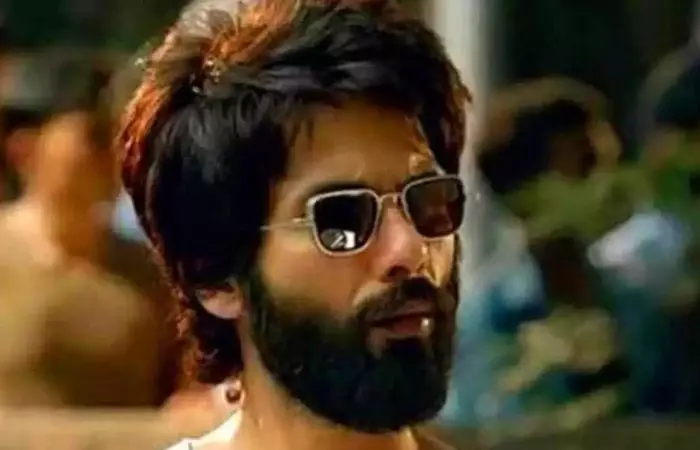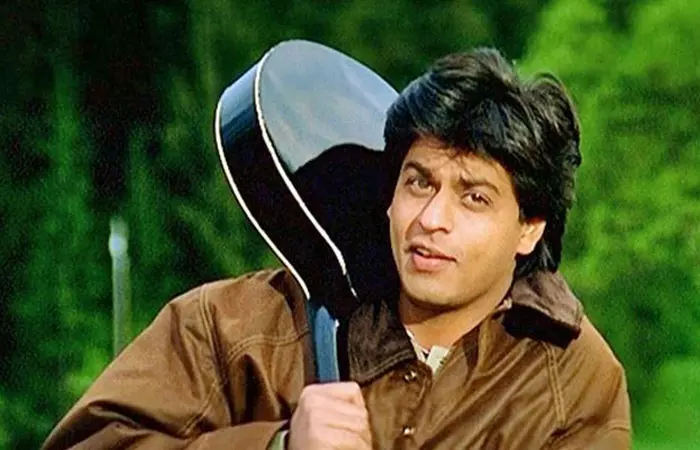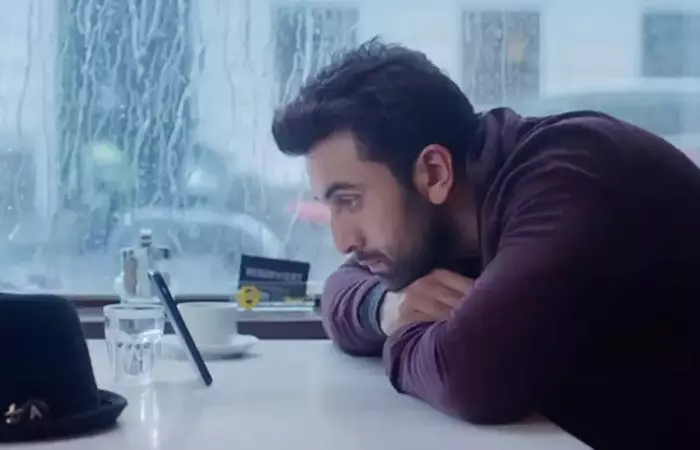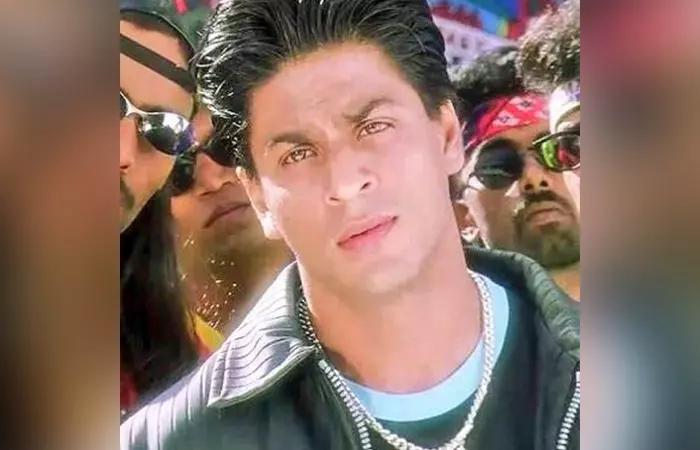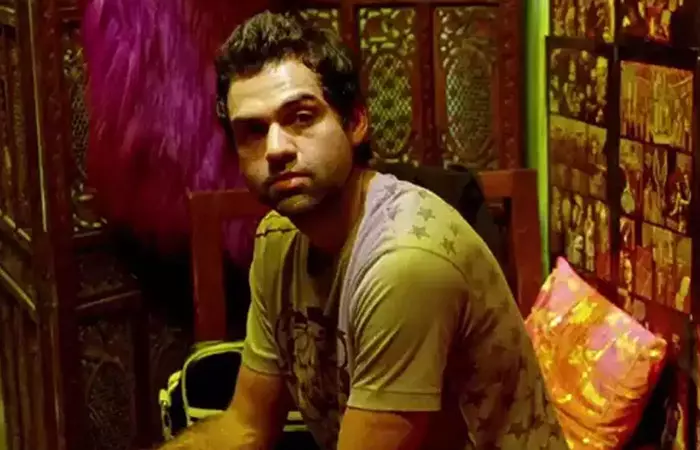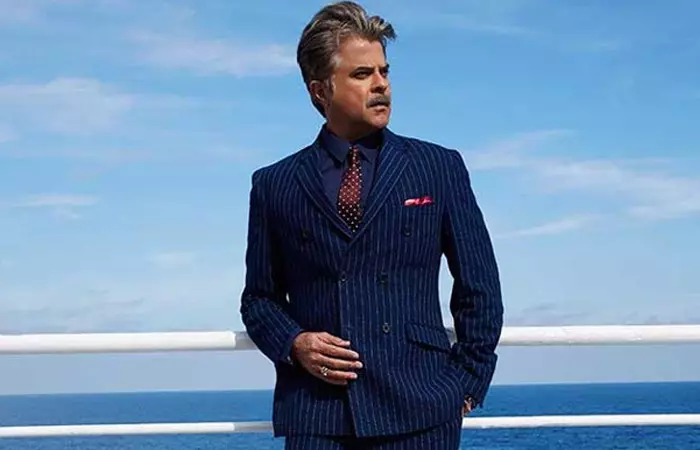What Is Toxic Masculinity? An Explainer Through Some Of Our Favorite Bollywood Heroes
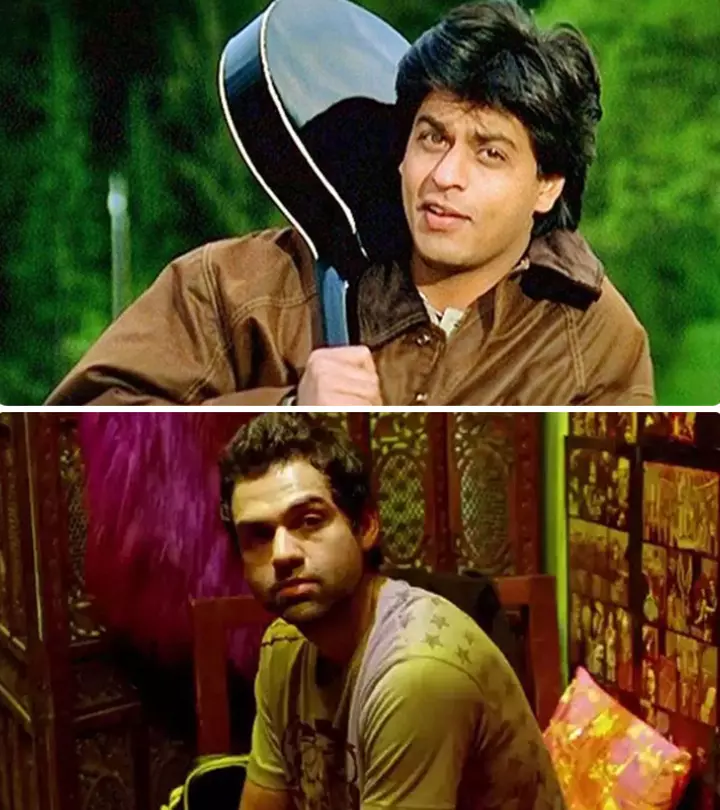
Bollywood is no stranger to promoting often troubling stereotypes. From stalking to glorifying abuse and harassment, it’s no secret that Bollywood’s leading ladies have to endure a lot in the name of “love”. Toxic masculinity is when certain abusive and offensive traits and stereotypes are glorified in the name of masculinity. This can include something as simple as saying “Boys don’t cry” or teaching boys that being “aggressive and violent” is a totally natural thing because they are “men”. Although humans are flawed characters and there is no perfect person out there who can magically fix you, some of the characters mentioned did understand the err of their ways and try to change. In other cases, some of the negative traits and false machismo displayed by the character overpowered any positives or plus points that we might have observed. So here are some examples of toxic masculinity in Bollywood and how we need to start writing better characters:
1. Kabir Singh In Kabir Singh
Let’s just start off by addressing the elephant in the room, Kabir Singh. The lead character was played by Shahid Kapoor and while his acting did win him some praise, the character itself was criticized for being unnecessarily abusive, controlling, and an all-round mess. Kabir Singh is the Bollywood adaptation of the successful Telugu movie, Arjun Reddy which featured Vijay Deverakonda in the leading role. Both films were directed by Sandeep Reddy Vanga and the director has faced criticism for comments he’s made regarding the film. The director infamously stated during an interview, “If you can’t slap, if you can’t touch your woman wherever you want, if you can’t kiss, I don’t see emotion there.” To say netizens were livid would be an understatement, as many took to social media to bash both films as well as Sandeep Reddy Vanga for his ridiculous comments (1).
2. Raj Malhotra In Dilwale Dulhania Le Jayenge
You’re probably surprised to see former-dreamboat Raj Malhotra on this list, but ladies, he’s kinda toxic. If love means stalking, harassing, and chasing down the person you love, you’re not doing it right now, are you? From dangling her underwear in front of her, to creepily trying to distract her from her book by getting super close for comfort, Raj Malhotra has done the most when it comes to being a creep to Simran. And what’s worse, he actually does get the girl in the end.
3. Ayan Sanger In Ae Dil Hai Mushkil
We cannot say the words “toxic masculinity” without having at least one Ranbir Kapoor character in our article. Ayan Sanger definitely takes the cake for being the most toxic, though. Ayan is an immature, naive, and spoiled son of a billionaire who falls in love with the free-spirited and bold Alizeh. Unfortunately for Ayan, Alizeh has strong feelings for her ex and chooses to return to him, instead. Rather than doing the right thing and moving on, Ayan gets into a rebound relationship with the older and more mature, Saba. He tries making Alizeh jealous by sending her pictures of him and Saba and ends up (obviously) failing to do so. Once Saba finds out about all of this, she does the smart thing and walks away from the relationship. Eventually after multiple failed attempts at making Alizeh fall in love with him, he finally realizes that they’re better off as friends.
4. Rahul In Kuch Kuch Hota Hai
Rahul is the typical toxic jock boy who ends up being an equally toxic adult man when he grows older. Sure, he has a daughter and a job and is no longer as much of a “playboy” as he used to be, but he still has pretty messed up ideals of femininity. How can we forget that he only falls in love with Anjali after her “glow-up” from being a tomboy? Rahul is not only superficial and extremely selfish, but also a meddling jerk overall. After finding out that Anjali is set to tie the knot with someone else, he goes out of his way to convince her otherwise.
5. Devendra ‘“Dev” Singh Dhillon In Dev D
Devdas is a story that has been told many times. And in each version, the lead is as toxic as the last. However, in the version played by Abhay Deol, we get to see a side that is not often showcased. We see how jealous and possessive he gets when someone spreads a rumor that the love of his life, Paromita, was intimate with someone else before they got together (the rumors were untrue). However, while he was studying abroad, he too was involved with plenty of women other than Paromita (hypocrisy much?). He also takes the love that Paromita has for him for granted and expects the world from her despite not even making a quarter of an effort on his part. His arrogance, ego, and false sense of superiority is what plays a part in the end of his relationship. Eventually though, he meets a woman named Chanda (Chandramukhi) and tries to turn his life around. But not before creating havoc in her life and hurting plenty of other people along the way, as well. If there is one thing that Dev D teaches us, it’s that women are perfectly capable of handling their lives by themselves and don’t need the approval or love of a man to survive.
6. Kamal Mehra In Dil Dhadakne Do
Anil Kapoor plays the role of a stereotypical patriarch, Karan Mehra, in Dil Dhadakne Do. Karan Mehra is a rich, upper-class businessman who cares more about “log kya kahenge” than he does about anything or anyone else. Rather than address the imbalances in his family and notice that his children are extremely unhappy, he chooses to focus on keeping up appearances and showing off his lavish lifestyle. He tries to push gender roles onto his children and doesn’t support their career choices. His older daughter wants to take over his company and is highly intelligent and business savvy but she is slowly being forced into the role of caregiver. But his son wants to leave the family profession to pursue his own dreams of being a pilot, instead of taking up Karan’s job. However, we soon find out that everything is not as it seems and even the suave Kamal Mehra isn’t everything he portrays himself to be. He too is weak-willed, insecure, and generally unhappier than he portrays himself to be. Thankfully, Kamal manages to fix his life before it’s a little too late.
In the end, the only way we can get rid of these silly stereotypes, is by rejecting portrayals of such characters in movies. Bollywood actresses are often cast into the “manic pixie dream girl” stereotype, while actors are often cast into the role of “bad boy” and “toxic males”. Do let us know your thoughts on this article in the comment section below. Do you agree with our list?


